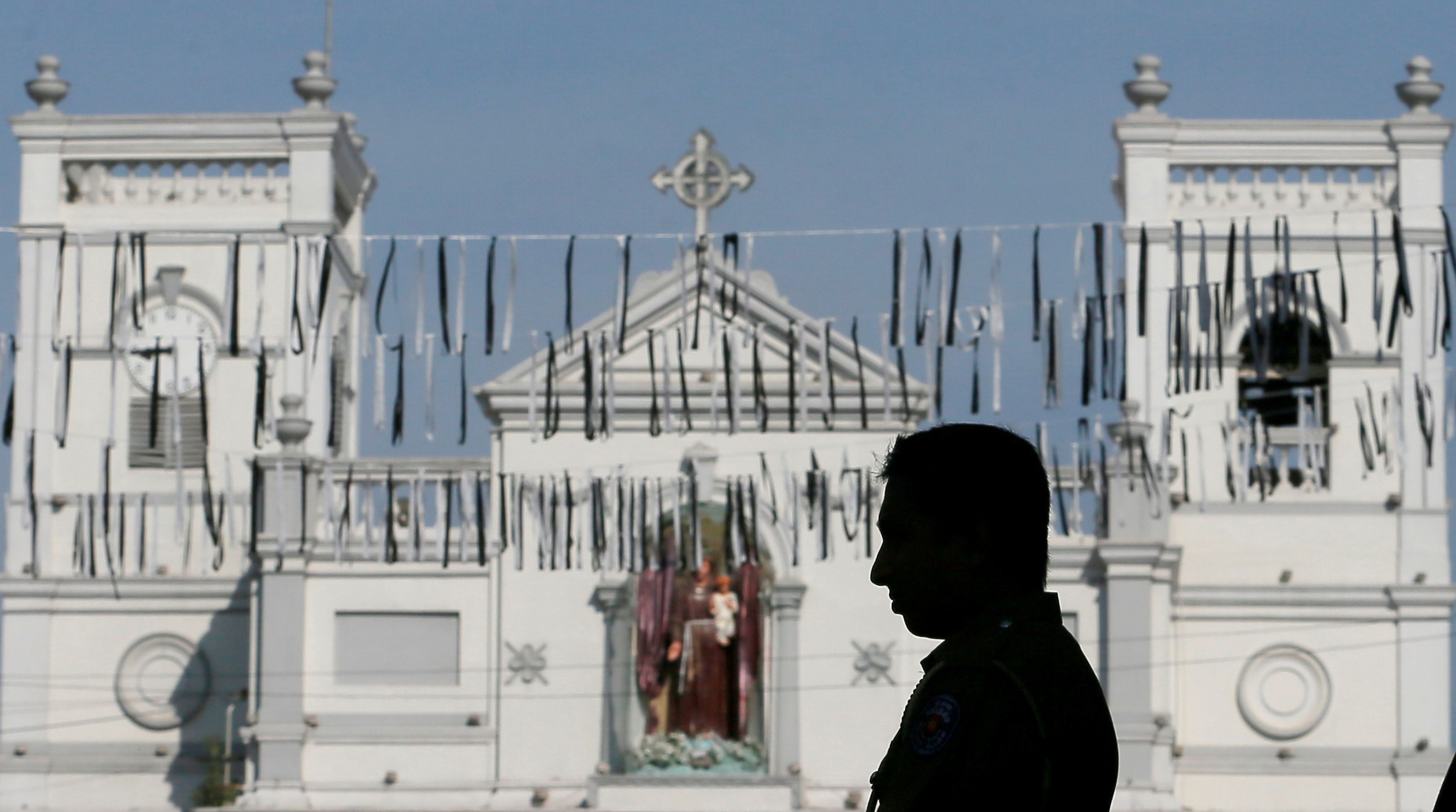After terrorists killed more than 300 people in coordinated attacks on Easter Sunday, the Sri Lankan government immediately shut down social media. The official explanation: Temporarily cutting off platforms like Facebook, WhatsApp, TikTok, Viber, and YouTube is essential to halting the spread of false information that can further inflame an already tense situation.
The measure – which remains in effect as we go to press – has sparked a debate about the wisdom of shutting down social media during times of crisis. Here's our cut at the best arguments on both sides.
A temporary social media ban is a good idea because:
It weeds out a lot of dangerous garbage. Sri Lankan officials are right. Blocking these platforms knocks out the major pathways for fake news, conspiracy theories, and other inflammatory content that can create a false sense of panic or incite people to violence. Flipping the switch can save lives.
If tech firms won't do it… Tech companies haven't policed their own platforms effectively enough. Government blackouts like this should, in principle, force tech companies to do better. Tiny Sri Lanka may be just a blip for the tech giants, but India – where social media gets blocked much more often – should receive much more of their attention.
Even a temporary ban is a bad idea because:
Alternative sources of information aren't always informative. In Europe or the US, a social media shutdown is an inconvenience, but there are other high-quality sources of news. In Sri Lanka, where press freedom ranks a lowly 126 out of 180 countries, the traditional media channels are suspect. The truth is that in many countries, social media sites – for all their faults – are the primary and most dependable way for people to get real news.
A ban is never air tight. More sophisticated internet users can skirt these prohibitions with Virtual Private Networks (VPNs). So while shuttering social media certainly narrows the flow of potentially harmful information for the broad public, those who know how can still get, or spread, inflammatory content.
It's a bad precedent. One government's genuine crisis is another's opportunity to squelch dissent. As press freedoms and civil society come under increased pressure around the world, it's a dangerous thing to normalize the practice of shutting down what is, from a social perspective, critical infrastructure.
What this debate misses: Questions about the wisdom of cutting off social media platforms focus only on the supply of "fake news" and other forms of misinformation. But the ugly reality is that there is strong demand for inflammatory conspiracy theories that confirm the biases and suspicions that all human beings have. Doubtless, social media piques those impulses in deeply polarized societies – but they aren't exactly offering a product that's hard to sell.
What do you think? In the event of a massive terrorist attack in your city or country, would you favor a temporary social media ban to stop the flow of fake news? Or do you feel confident that you, and those on the other side of town, can separate fact from fiction, allowing you to rely on these sites to tell you what's happening and to connect you with friends and family? Let us know here.
